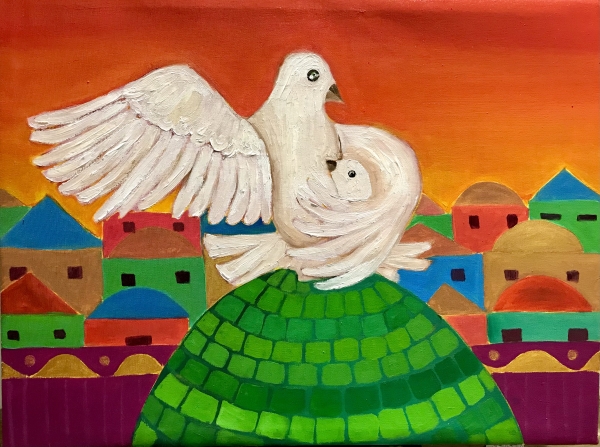Review of 'East West Street: On the Origins of Genocide and Crimes Against Humanity' by Philippe Sands (Weidenfield and Nicolson, 2016)
DOI:
https://doi.org/10.31273/fd.n8.2025.1990Abstract
‘The protection of the individual, and the idea of individual criminal responsibility for the worst crimes, would be part of the new legal order. The sovereignty of the state would no longer provide absolute refuge for crimes on such a scale, in theory at least’. (East West Street)
First published in 2017, Philippe Sands’ East West Street is a moving and unforgettable story that interweaves a deeply painful and personal journey into the history of his family living under Nazi rule, with a parallel journey that traces the origins of the legal concepts of ‘genocide’ and ‘crimes against humanity’. These concepts have since come to form the foundations of international human rights law and could not hold more resonance today as we enter a dangerous period marked by the slide towards authoritarianism and the retreat from an international rules-based world order created painstakingly in the aftermath of the holocaust and the second world war.
Downloads

Downloads
Published
Issue
Section
License
Copyright (c) 2025 Pragna Patel

This work is licensed under a Creative Commons Attribution-NonCommercial-ShareAlike 4.0 International License.
Authors who publish with this journal agree to the following terms:
- Authors retain copyright and grant the journal right of first publication with the work simultaneously licensed under a Creative Commons Attribution Non-Commercial Share Alike License that allows others to share the work with an acknowledgement of the work's authorship and initial publication in this journal, providing it is not used for commercial purposes and any derivative work is shared with the same license.
- Authors are able to enter into separate, additional contractual arrangements for the non-exclusive distribution of the journal's published version of the work (e.g., post it to an institutional repository or publish it in a book), with an acknowledgement of its initial publication in this journal.
- Authors are permitted and encouraged to post their work online (e.g., in institutional repositories or on their website) prior to and during the submission process, as it can lead to productive exchanges, as well as earlier and greater citation of published work (See The Effect of Open Access).
